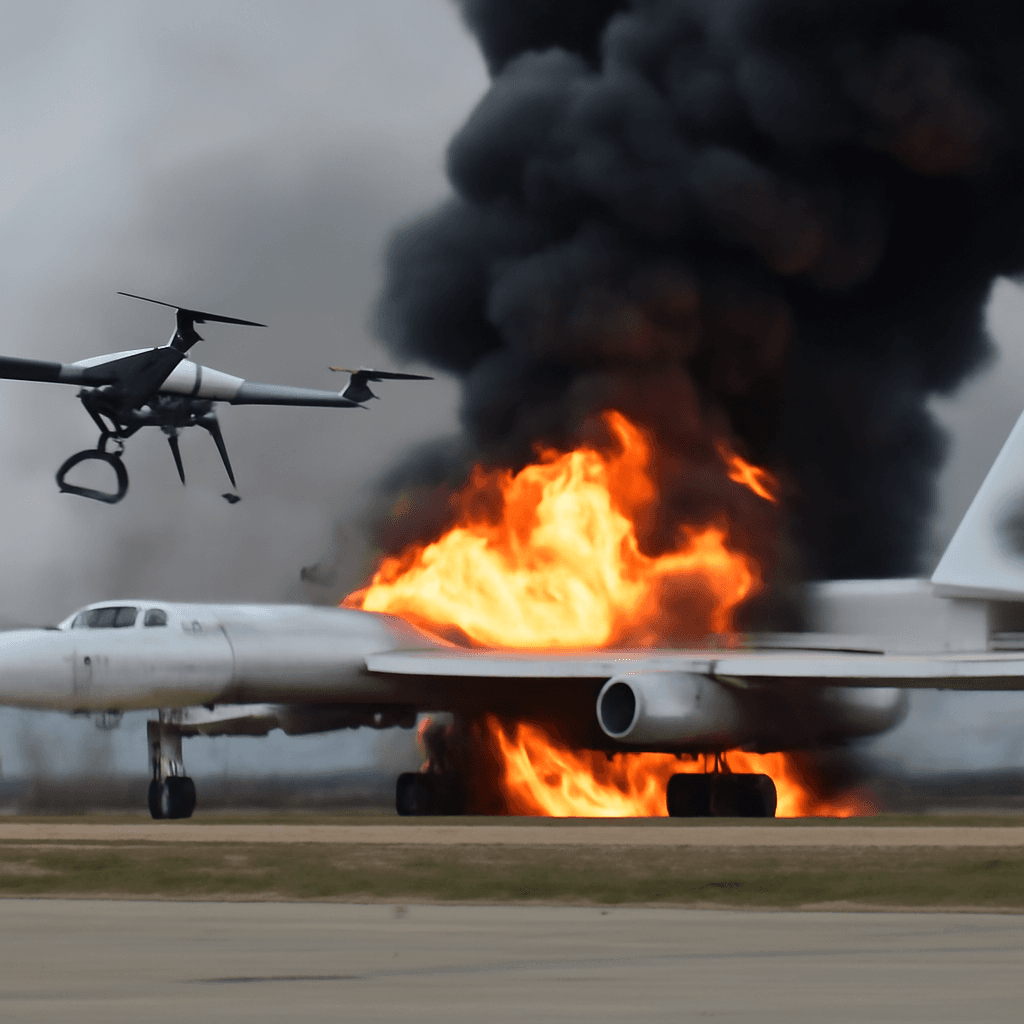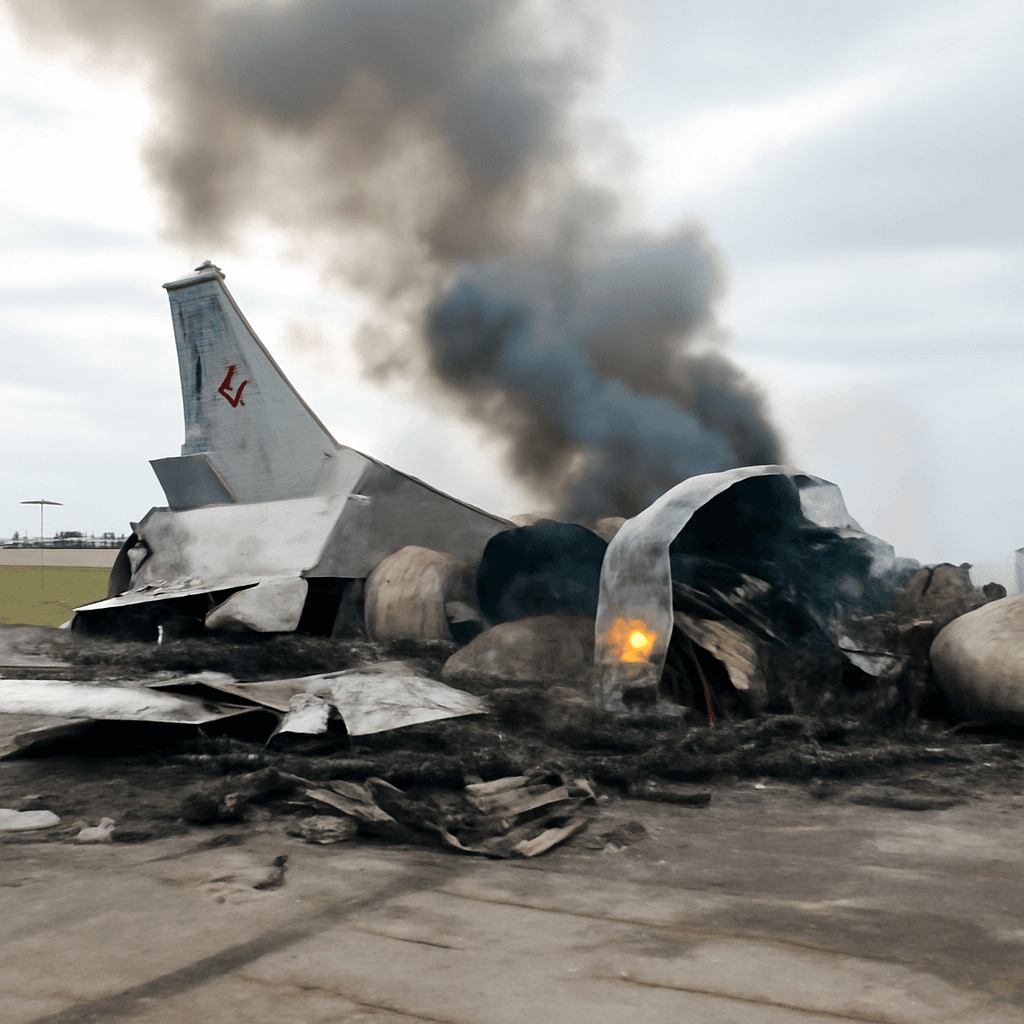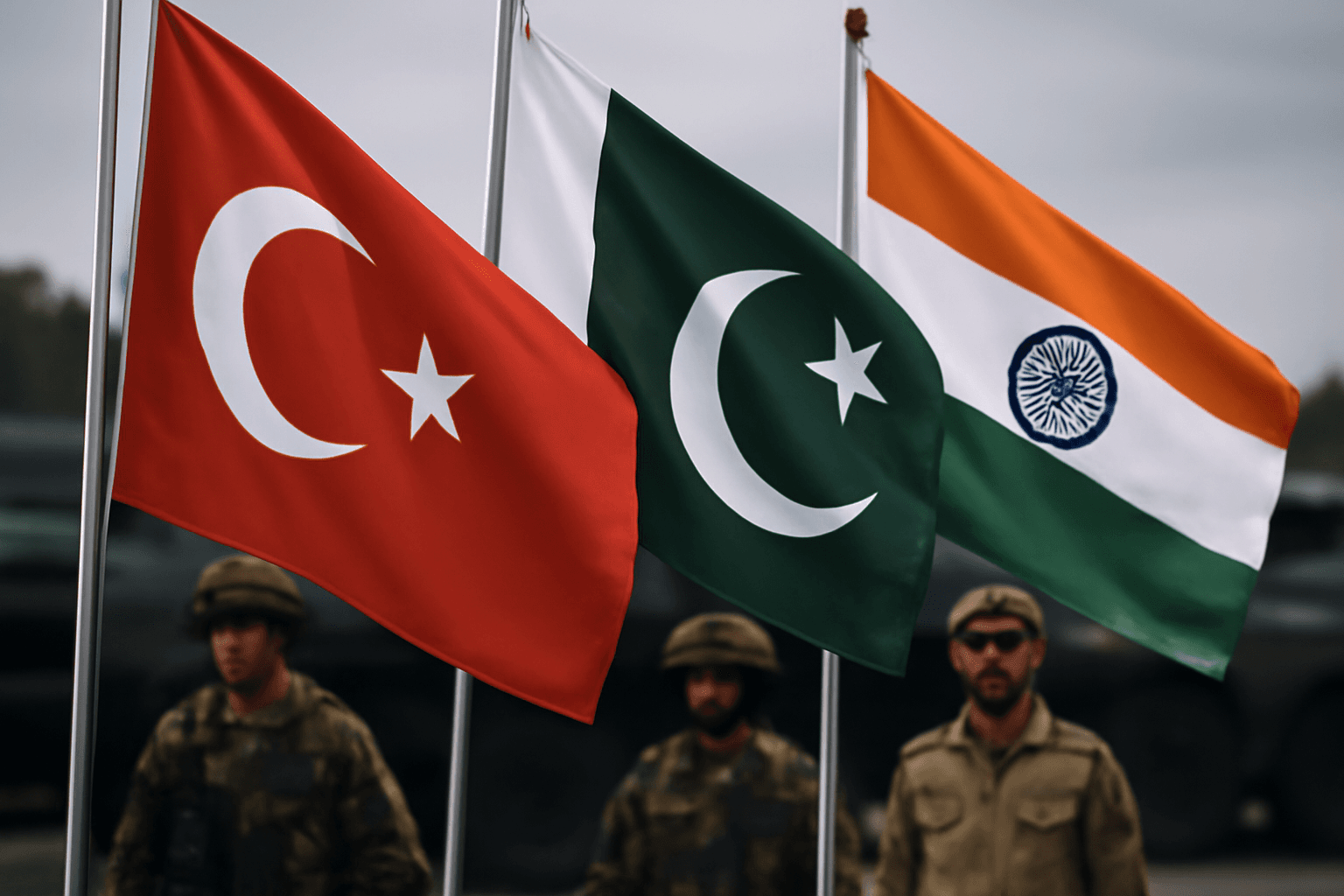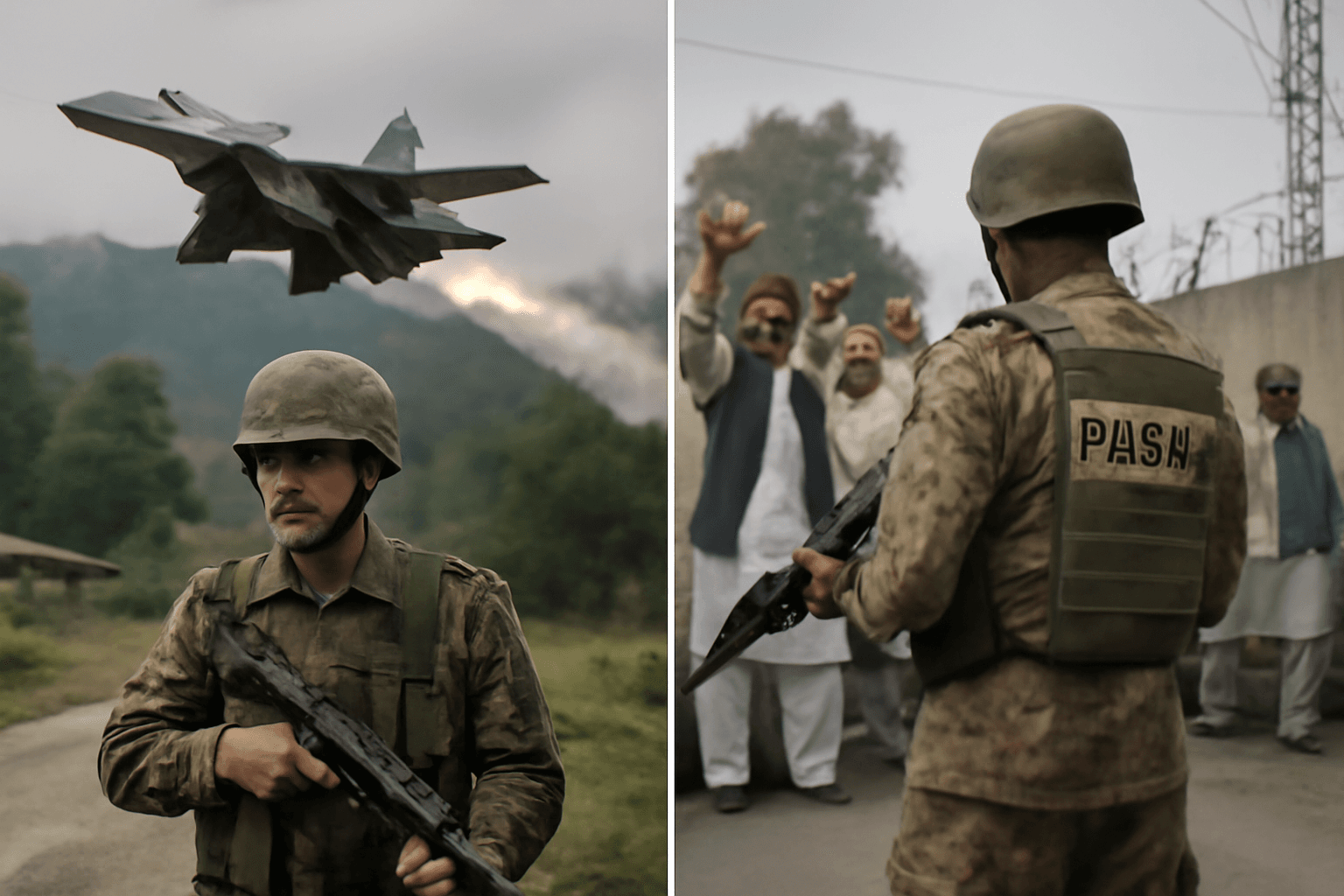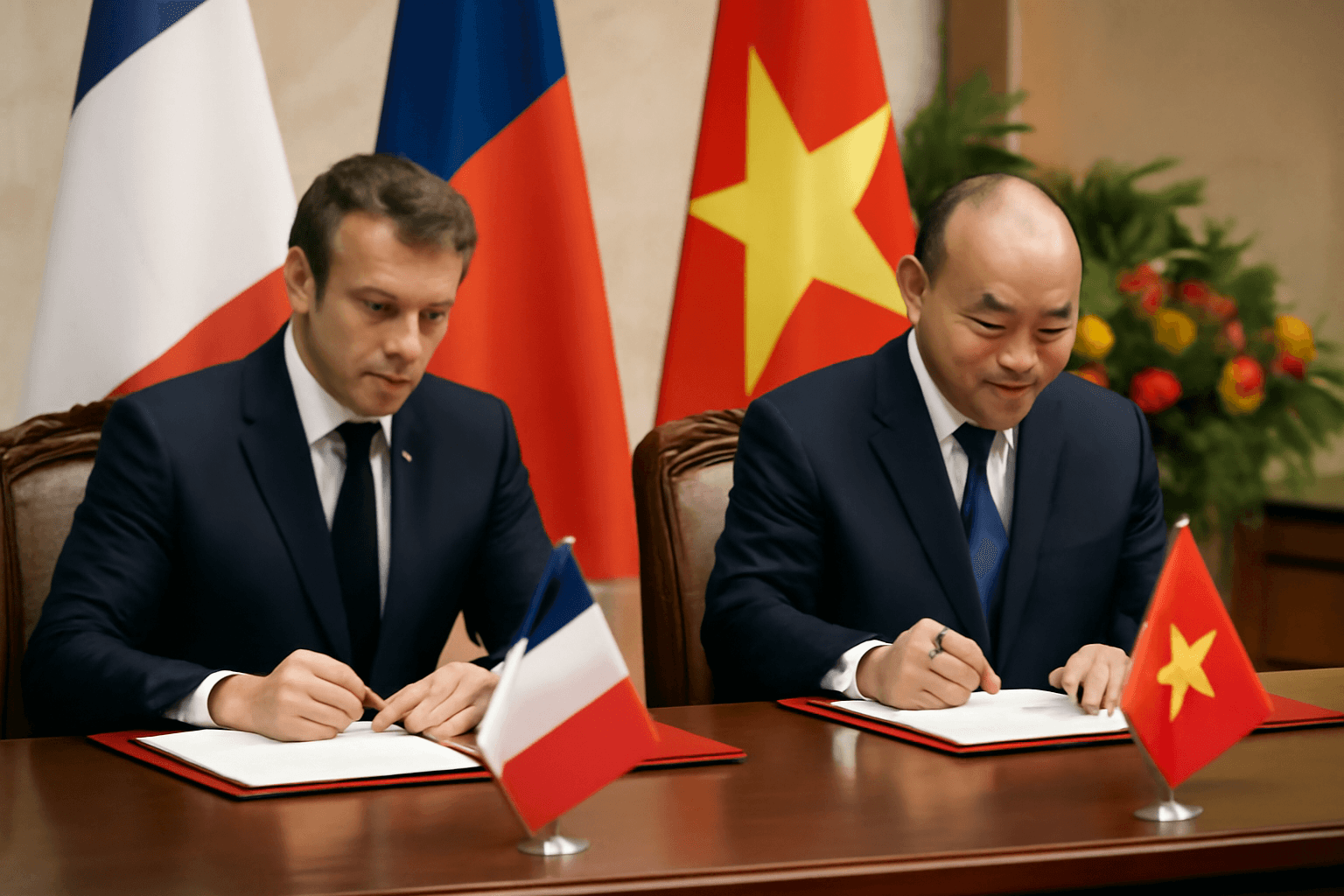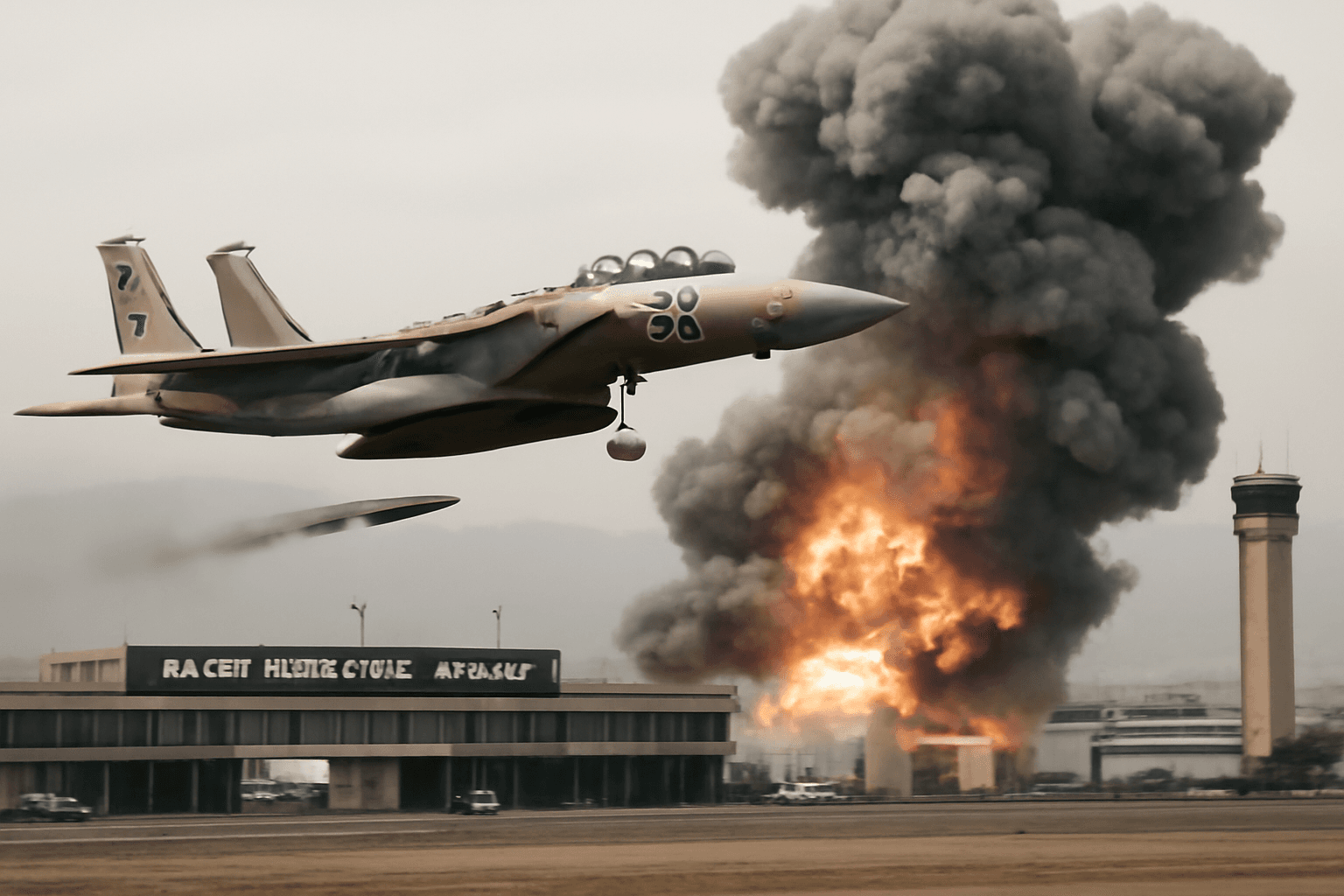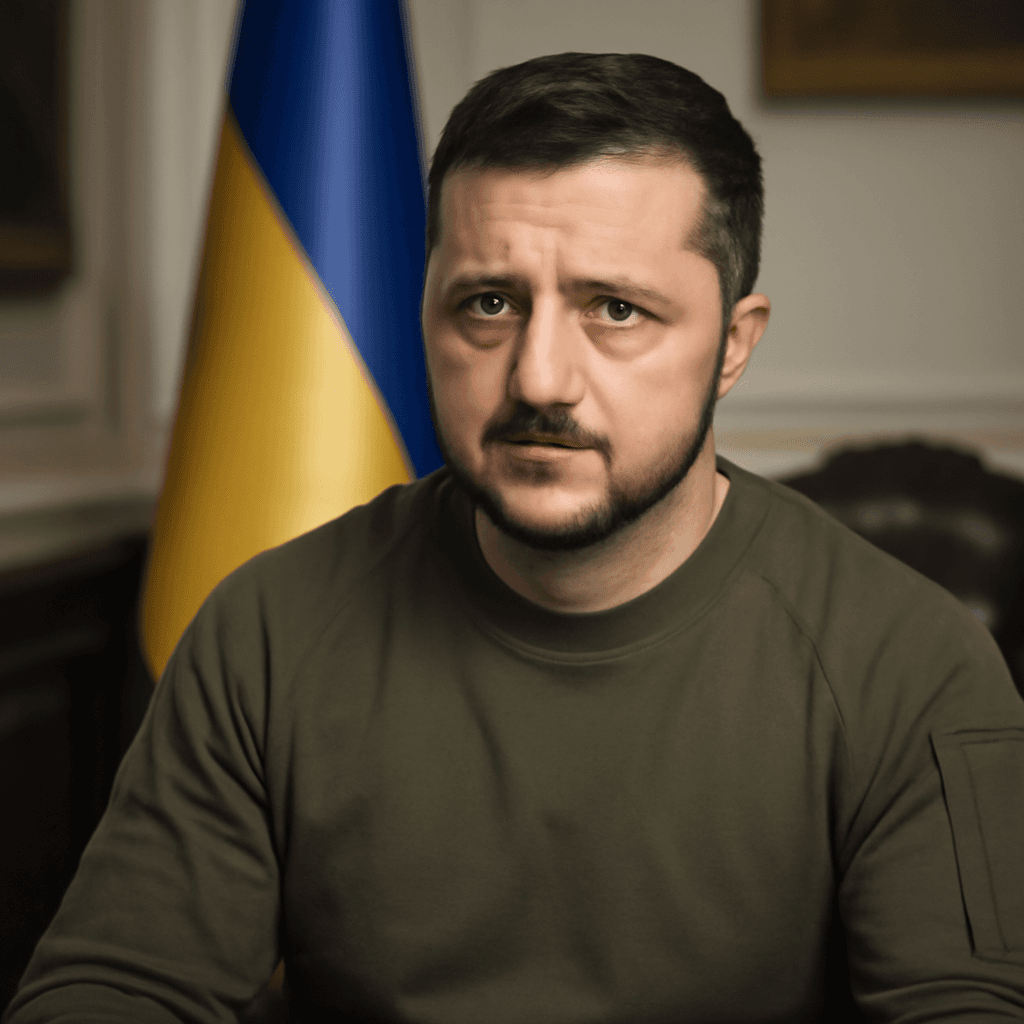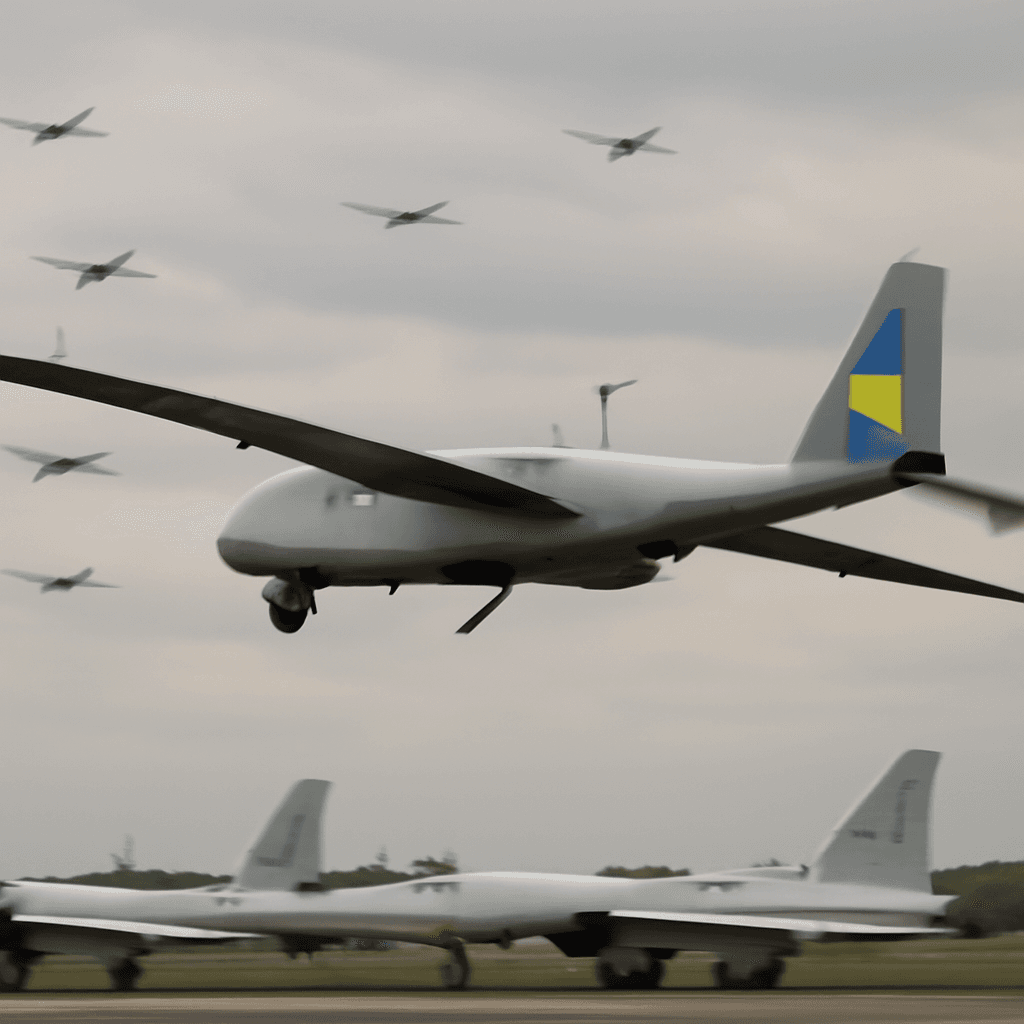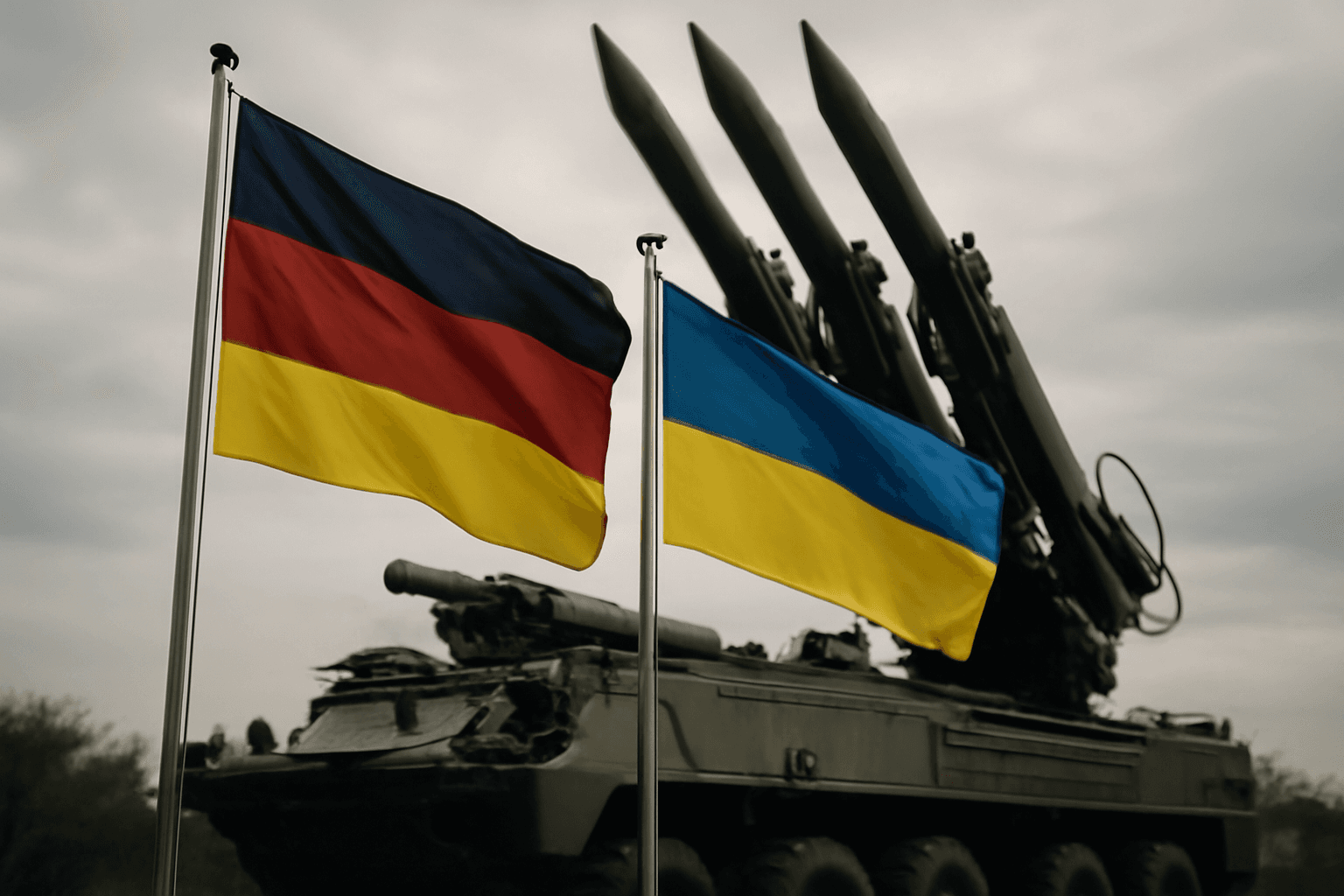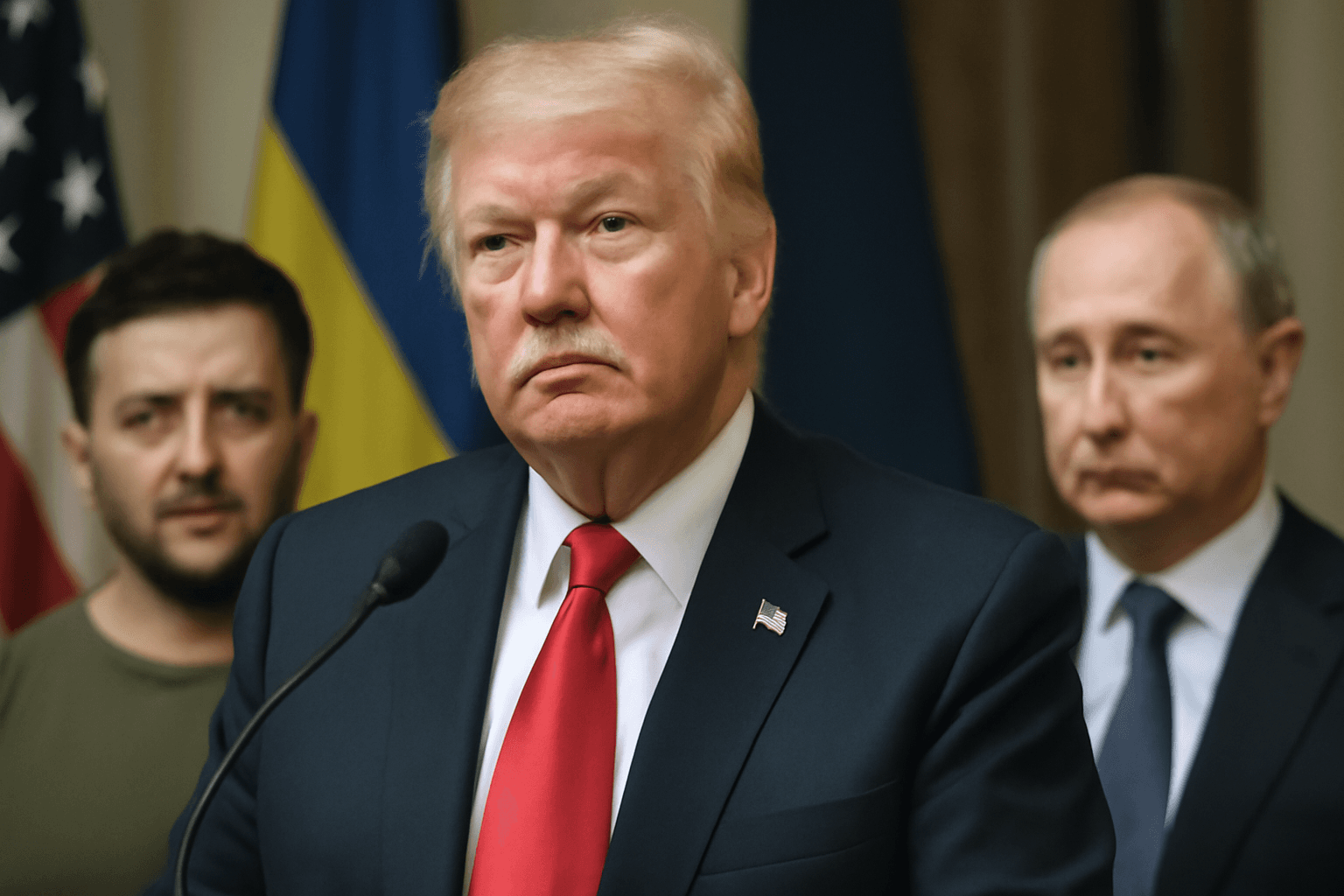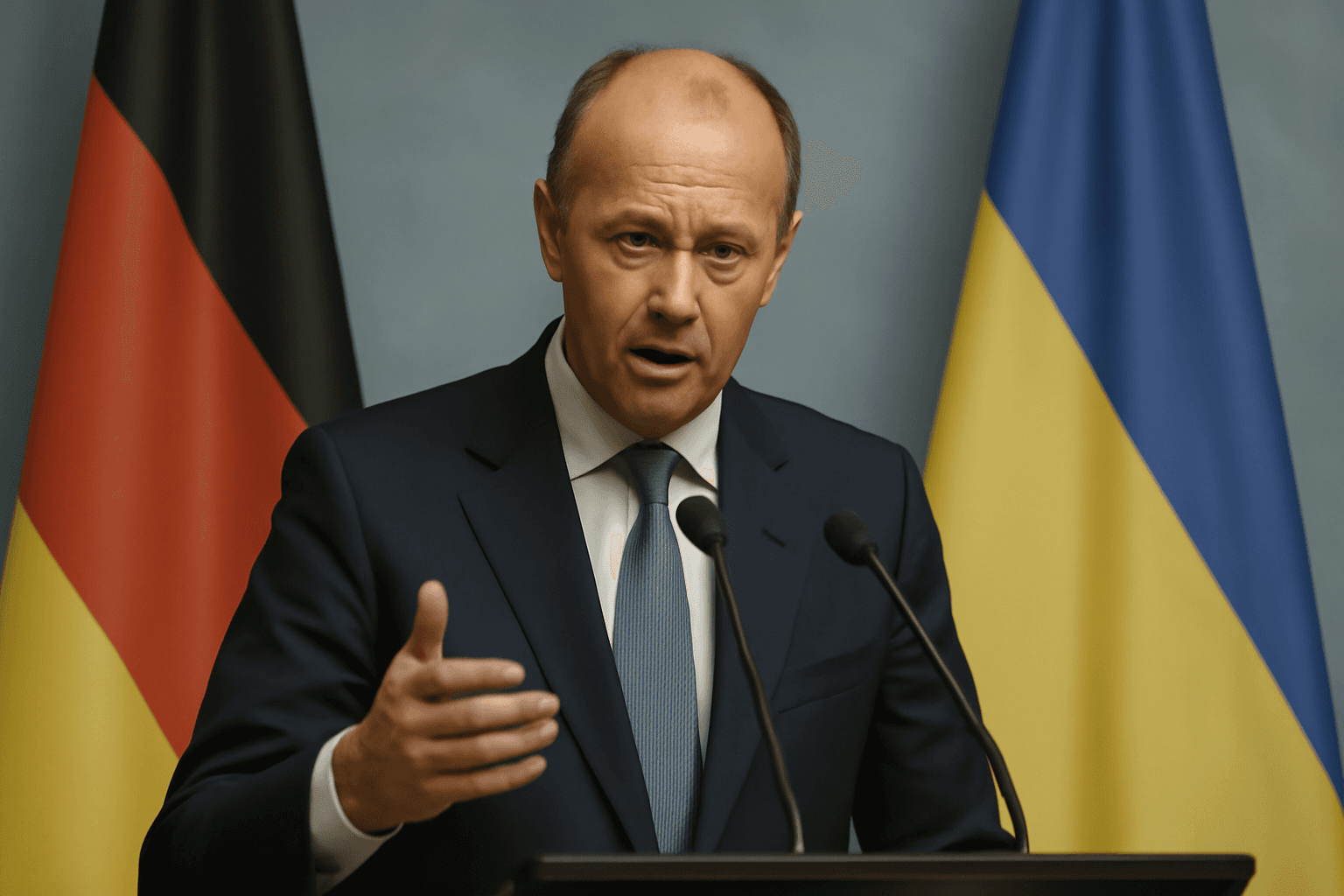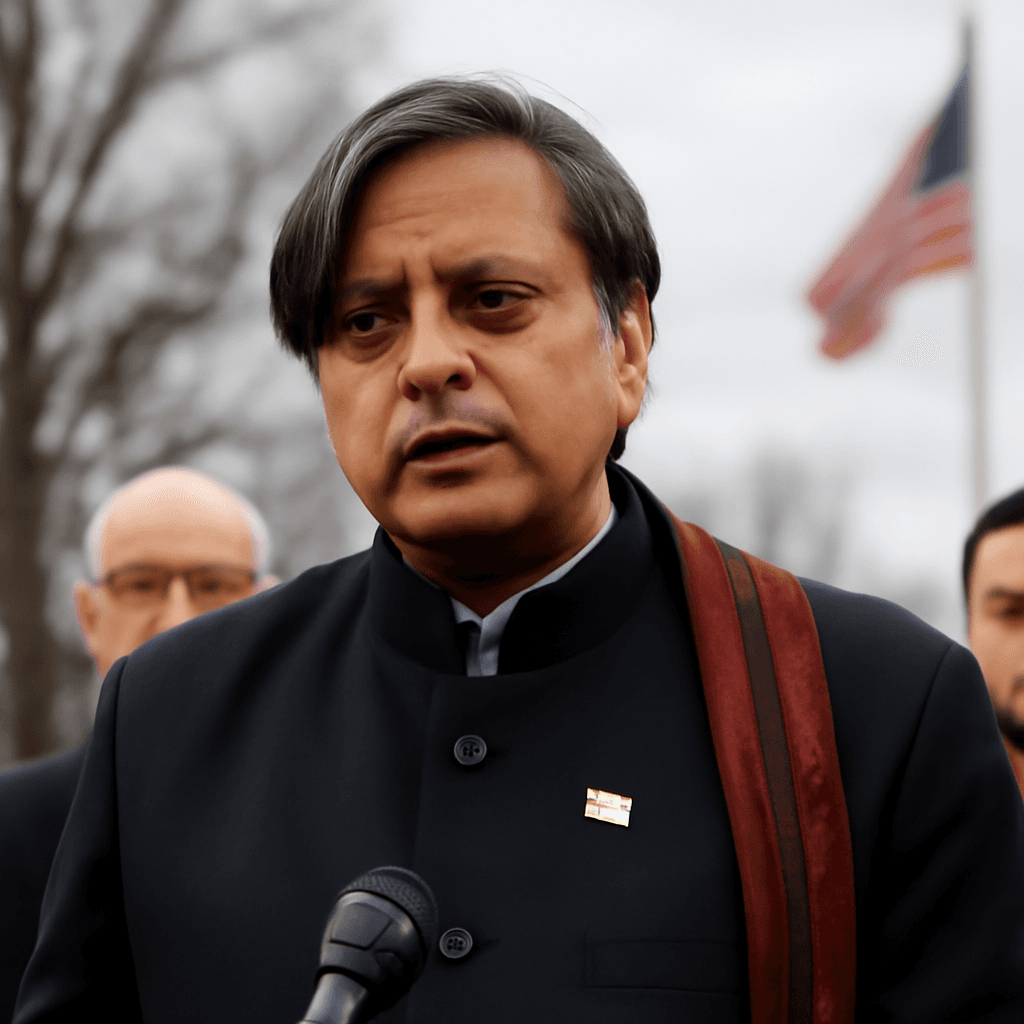Ukraine Executes Long-Range Drone Strikes Against Russian Military Bases
Ukraine has intensified its military operations by launching a surprising drone attack on multiple Russian airbases deep within Russian territory. This assault, labeled as "Operation Spider Web," marks one of the most extended-range operations conducted by Ukraine, stunning both Moscow and international observers.
Details of Operation Spider Web
The Ukrainian Security Service (SBU) reported that the drone assault targeted at least 41 Russian aircraft, including strategic bombers such as Tu-95s and Tu-22s, as well as A-50 radar and command airplanes. These aircraft have been involved in bombing Ukrainian cities throughout the conflict.
Russian officials acknowledged that airbases in the Murmansk, Irkutsk, Ivanovo, Ryazan, and Amur regions were attacked using first-person-view (FPV) drones. Although Moscow has yet to disclose the full extent of the damage, it confirmed that several aircraft caught fire during the offensive.
Meticulous Planning and Execution
The operation was preceded by over 18 months of careful preparation. Ukrainian forces covertly smuggled drones into Russia, concealed within trucks parked near the targeted airfields. During the attack, these trucks remotely opened their roofs, allowing the drones to launch and strike the designated targets efficiently.
Strategic Timing Amid Peace Talks
The drone strikes occurred just as Russian and Ukrainian officials gathered in Istanbul to discuss potential pathways to end the ongoing conflict. This timing suggests that Ukraine aimed to strengthen its negotiating position by showcasing its enhanced military capabilities.
Despite the attack, Ukraine maintains its commitment to peace. President Volodymyr Zelenskyy emphasized Ukraine's proposal for a full and unconditional ceasefire, describing it as logical and realistic. However, he noted that Russia has not publicly shared its peace document with any party, including Turkish and American officials. Ukraine remains focused on achieving progress toward lasting peace.
Zelenskyy's Message to Russia and Beyond
Following the successful operation, President Zelenskyy described the outcome as an "absolutely brilliant result," achieved solely by Ukraine. This statement also implicitly responded to earlier remarks from former U.S. President Donald Trump, who had suggested Ukraine relied heavily on U.S. support in the conflict.
Ukraine's demonstration of long-range strike capability signals its resilience and evolving military strength, projecting increased confidence on the international stage.
Key Takeaways:
- Operation Spider Web targeted at least 41 Russian military aircraft, including strategic bombers and radar planes.
- Drones were secretly stationed inside Russia for over 18 months before launch.
- The assault struck multiple airbases across five Russian regions.
- The timing coincided with ongoing peace negotiations in Istanbul.
- Ukraine reiterated its call for an unconditional ceasefire despite military actions.

